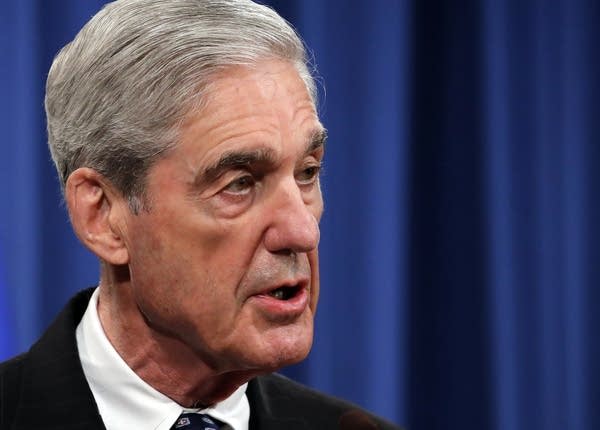Mueller testimony delayed until July 24

Special counsel Robert Muller speaks at the Department of Justice on May 29, 2019, in Washington, about the Russia investigation.
Carolyn Kaster | AP file
Go Deeper.
Create an account or log in to save stories.
Like this?
Thanks for liking this story! We have added it to a list of your favorite stories.


